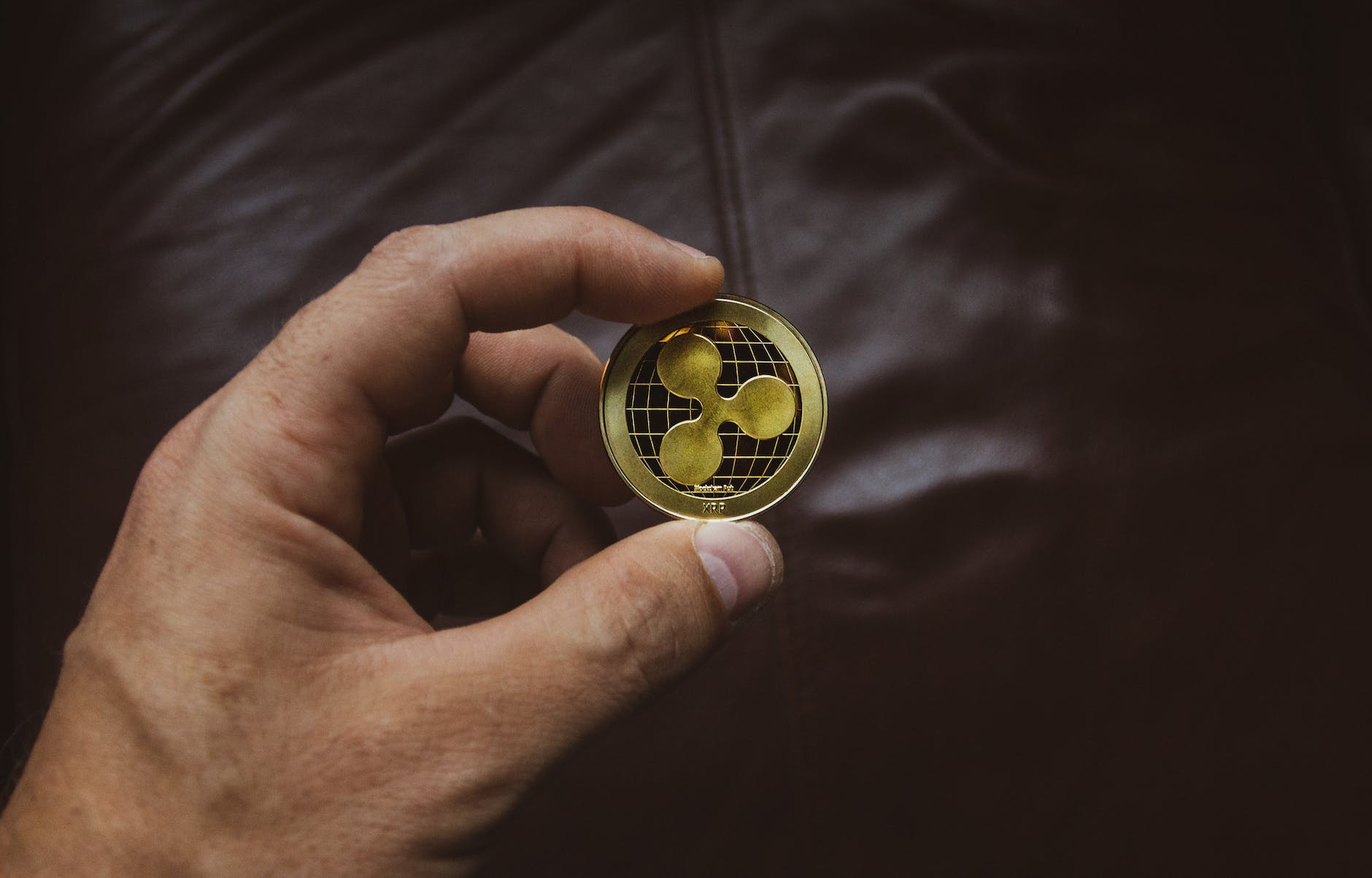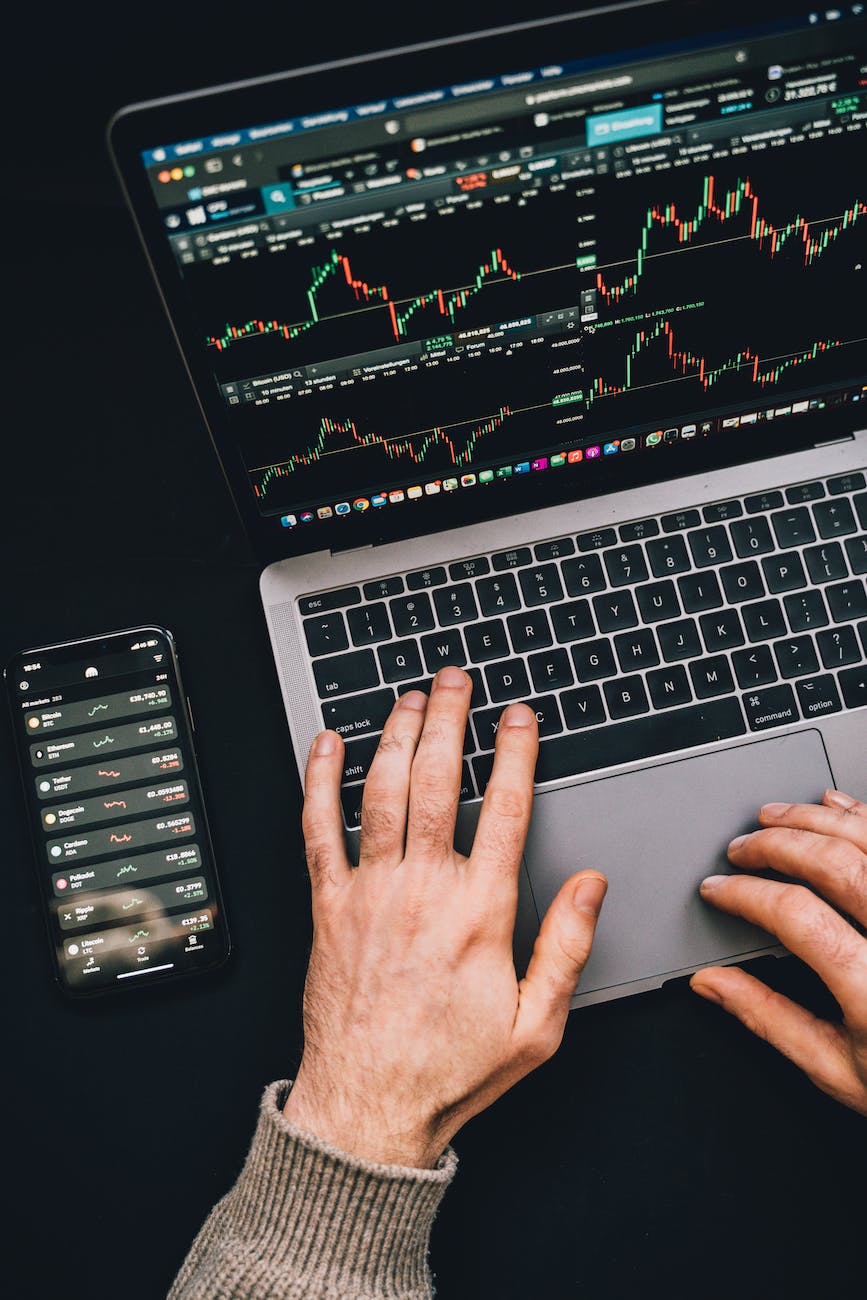Ripple and the SEC Both Claim Wins in Split Court Decision

On July 13, 2022, Judge Analisa Torres issued her long awaited ruling on the summary judgment motions in the SEC’s case against Ripple Labs, Inc. (“Ripple”). The 34-page order provided a win for both the SEC and for Ripple Labs, suggesting that some sales of Ripple’s XRP token constituted securities, but that other sales did not. Proponents of the cryptocurrency industry celebrated this ruling, as it suggests that the XRP tokens themselves are not securities. Ostensibly, this ruling could provide significant support for the fledgling industry as regulatory pressure mounts.
The SEC initially filed this case against Ripple back in December 2020, charging Ripple and two executives – Christian Larsen, co-founder, executive chairman of its board and former CEO, and Bradley Garlinghouse, the company‘s current CEO – with violations of securities laws alleging that the group raised over $1.3 billion through unregistered securities offerings. While this is not the first case the SEC has brought against a cryptocurrency company, it is certainly the most high profile. At the time of the filing, Ripple’s XRP token was the third largest token in terms of market capitalization, behind only Bitcoin and Ethereum. Considering Ripple’s resources, the industry expected the company to put up a strong fight.
Ultimately, it appears that Judge Torres “split the baby.” The SEC’s complaint divided the sales of XRP tokens into 3 buckets:
- Institutional Sales under written contracts which [Ripple] received $728 million;
- Programmatic Sales on digital asset exchanges for which it received $757 million; and
- Other Distribution under written contracts for which it recorded $609 million in “consideration other than cash.”
The Institutional Sales were ultimately made to sophisticated investors – hedge funds, private equity, etc. – subject to specific terms. Ripple sold significant sums of the XRP token to these entities and utilized the funds generated from these sales to “improve the market for XRP and develop uses for XRP’s Ledger.” Ripple went to great lengths to market XRP, and the judge cited to various examples where the company appeared to connect the price of the token to the company’s own efforts. Furthermore, the Judge relied on terms in the sale agreements to support her findings, noting that the Buyers agreed to lockup provisions and/or resale restrictions, so that they could not have reasonably expected to be purchasing these tokens for use as a currency or for other consumptive use, as Ripple suggested. Rather, the Judge thought it was clear that these parties clearly “understood the sale of XRP to be an investment in Ripple’s efforts.” The Judge appeared easily convinced that the Institutional Sales fulfilled all four prongs of the Howey test, and the sales constituted an unregistered security and ruled in favor of the SEC’s summary judgment motion.

On the other hand, Judge Torres ruled in favor of Ripple with regards to the Programmatic Sales. For these sales, Ripple simply sold a portion of its XRP holdings across a variety of exchanges in simple bid-ask transactions. Ripple did not know who the buyers were, and the buyers did not know they were purchasing the tokens directly from Ripple. This fact proved key in the Judge’s ruling. Contrasting the Institutional Buyers – who knew they were buying from Ripple and were ultimately investing in Ripple’s future efforts – the Programmatic Buyers had no knowledge of who the seller was and, thus, could not have been investing directly in Ripple’s future efforts. The Judge reasoned that the buyers could be buying the XRP token for any number of reasons that had nothing to do with Ripple, even simply buying based on general cryptocurrency market dynamics. The SEC’s own filings even suggested that many Programmatic Buyers “were entirely unaware of Ripple’s existence.”
Considering the split, Judge Torres’s ruling suggests that the XRP token itself is not a security. Following the ruling, most of the major cryptocurrency exchanges had reinstated the token for trading on their platforms and the price of XRP soared as a result. This ruling would suggest that most tokens are not themselves considered securities absent certain subjective expectations of the buyers and sellers. The industry hailed this result.
As for the third category, which consists of tokens paid to Ripple employees as part of their compensation packages and to third parties as part of initiatives to develop the XRP ecosystem, the Judge determined that these distributions did not satisfy the first prong of the Howey test.
The SEC has already indicated that it plans to challenge the ruling. In a July 21, 2023 filing in its suit against Terraform Labs, the SEC noted that, regarding the Programmatic Sales, “those portions of Ripple were wrongly decided, and this Court should not follow them.” The SEC continued by noting that “Ripple conflicts with and adds baseless requirements to Howey and its progeny.”















